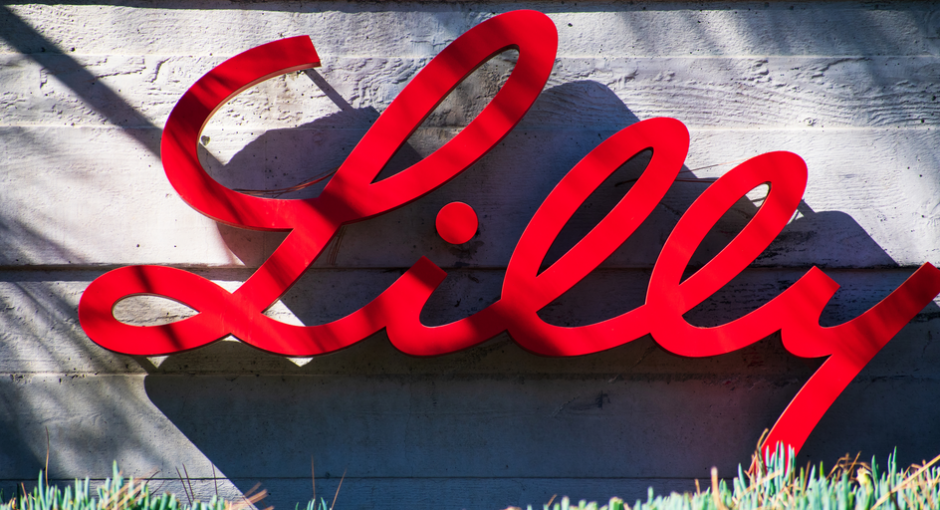Drug manufacturer Lilly indicated late last week that it reserves the right to seek additional compensation for its products from 340B covered entities if it learns later that it charged them less than what the company perceives the 340B statute allows.
Lilly staked out that position in a pair of otherwise routine notices to 340B covered entities about refunds for 340B overcharges posted on the U.S. Health Resources and Services Administration (HRSA) website.
In both, Lilly says recent updates to average manufacturer price (AMP) and best price (BP) to account for lagged transactional data “result in both upward and downward adjustments” to 340B ceiling prices.
In a notice dated Nov. 12, 2021, about Q1 2019 prices, Lilly lists 13 NDCs “subject to upward adjustments to previously reported ceiling price” and six NDCs subject to downward adjustments and refunds. In a notice dated Jan. 28, 2022, about Q2 2019 prices, Lilly similarly lists 10 NDCs subject to upward ceiling price adjustments and eight to downward adjustments and refunds.
Regarding the products whose ceiling prices rose, Lilly said in both notices it “has elected not to seek recoupment of these underpayments from covered entities.”
Lawyers for covered entities say they are unaware of any manufacturer ever before trying to recoup from covered entities the difference between an upward adjusted 340B ceiling price and the lower price that entities actually paid. Under the 340B law, there is a ceiling price and under 340B regulations there is a $0.01 floor, 340B provider advocates are likely to point out.
In both notices, Lilly listed first the products that it said entities paid too little for and listed second the products it for which it is giving entities refunds for overcharges.
The last time Lilly posted a notice about recalculated ceiling prices was in July 2018. That notice said nothing about AMP and BP updates causing both upward and downward 340B ceiling price adjustments and nothing about recoupment for underpayments.
Lilly yesterday declined to comment about its two new notices.
Astellas Pharma, BioMarin, Mallinckrodt, and Teva have said in public notices about refunds for 340B overcharges that they are not seeking reimbursement or repayments from covered entities for paying less than recalculated ceiling prices. None has gone as far Lilly did in identifying the NCDs for which it would seek extra compensation.
Lilly is suing HRSA over its May 2021 finding that the company’s restrictions on 340B pricing when entities used contract pharmacies are illegal. It was the first manufacturer to implement such restrictions.


